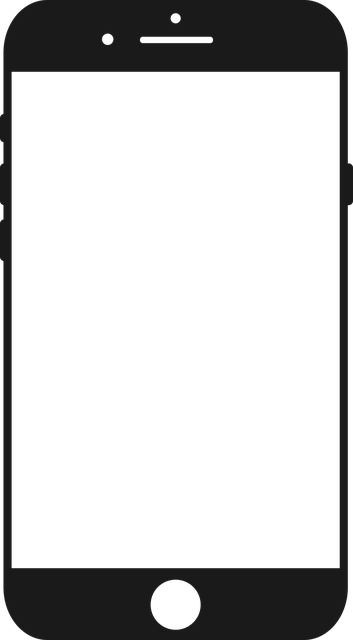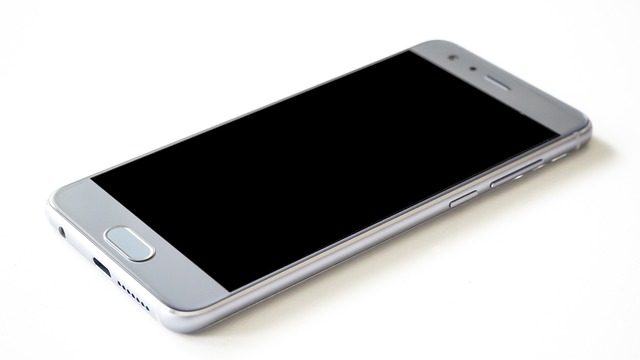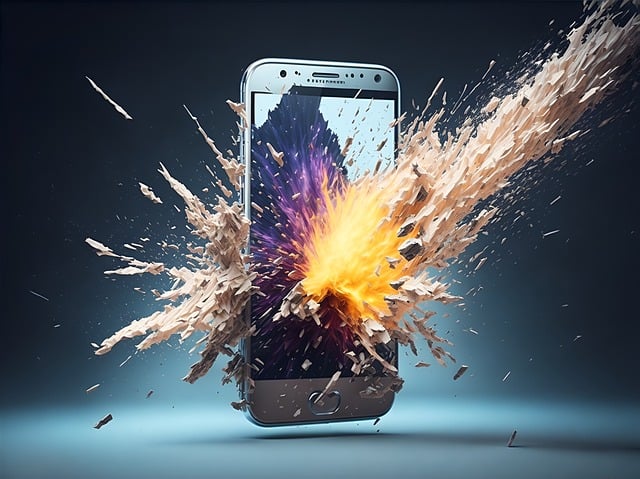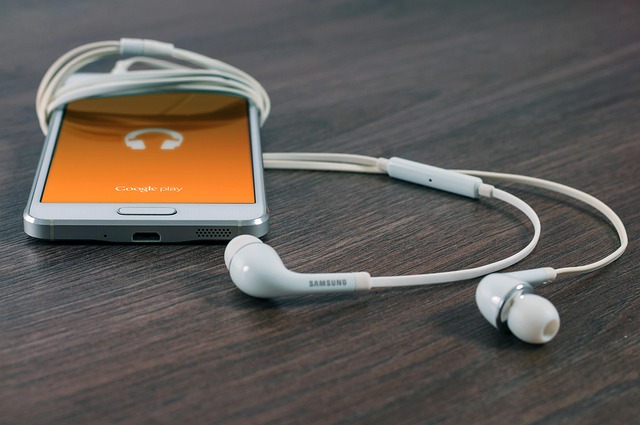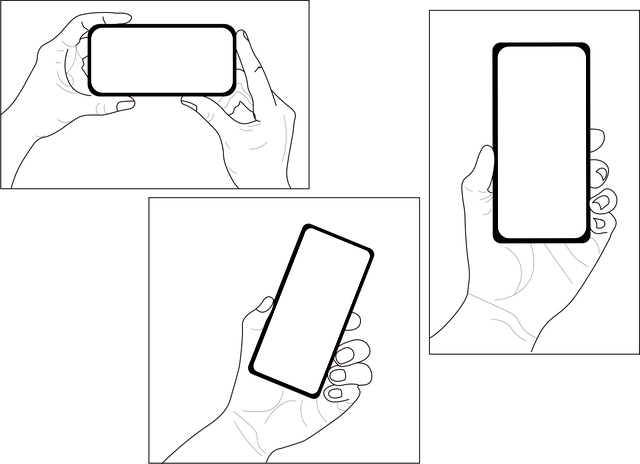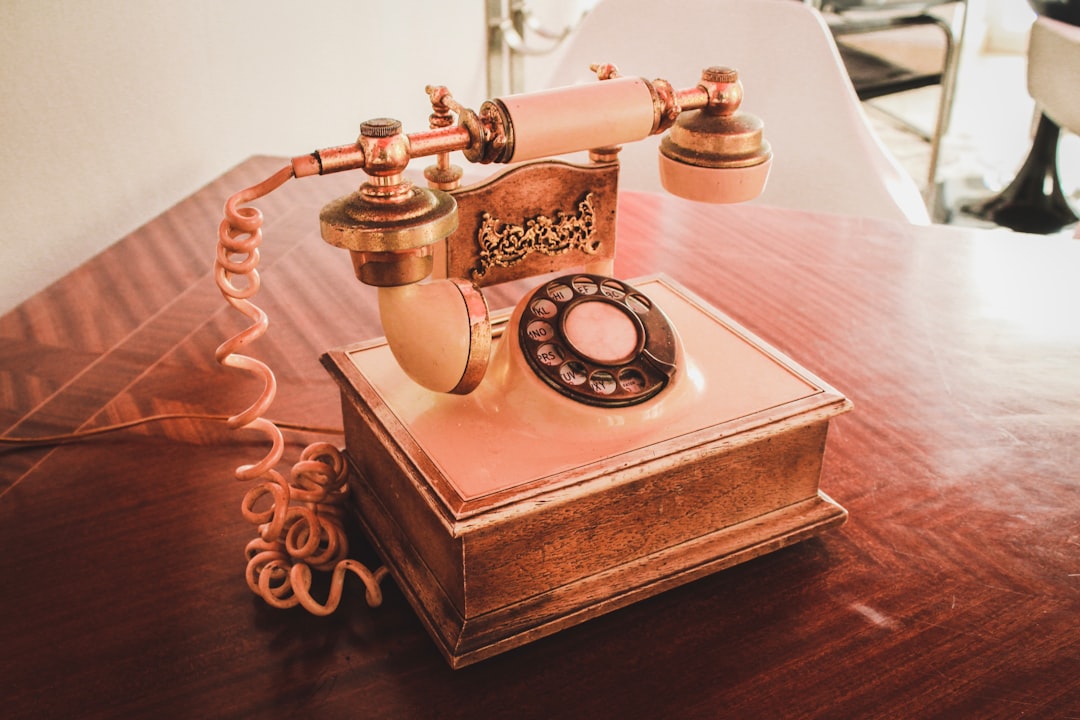Caller ID spoofing, a deceptive practice where individuals falsify their caller information, is a growing concern in South Carolina, especially on Hilton Head Island. This technique is commonly used by telemarketers or scammers for unsolicited calls, potentially violating state no-call laws. Residents experiencing spoofed calls can consult specialized No Call Lawyers or Attorneys to understand their rights and take legal action. South Carolina's no-call laws protect residents from unwanted phone calls, with strict regulations against telemarketers calling residential numbers without consent. To safeguard against spoofed calls, residents should remain vigilant, register for the National Do Not Call Registry, and consult a No Call Lawyer or Attorney to handle persistent or illegal calls.
“In the digital age, Hilton Head Island residents, like many across the nation, face a growing menace: caller ID spoofing. This deceptive practice, where a caller’s identity is falsified, has significant implications, especially considering South Carolina’s strict ‘No Call’ laws. With the rise in spam calls and potential scams, understanding this issue is crucial.
This article aims to demystify caller ID spoofing, explore its legal ramifications in South Carolina, and provide essential tips for residents to protect themselves from these fraudulent activities. For those seeking guidance, a specialized No Call Lawyer or Attorney in South Carolina can offer expert assistance.”
What is Caller ID Spoofing?
Caller ID spoofing is a deceptive practice where a caller deliberately falsifies or manipulates their display name and number to appear as someone else on the recipient’s Caller ID. This technique allows individuals or entities to mask their true identity while making phone calls, often with malicious intent. In today’s digital age, where communication is increasingly reliant on technology, this form of deception has become a growing concern for residents across South Carolina, including Hilton Head Island.
When a call comes from a number that appears to be local or familiar but is actually spoofed, it can lead to a range of issues. Residents might receive unsolicited calls, often known as spam calls, from telemarketers or scammers attempting to sell products or services. In some cases, these calls may violate South Carolina’s strict no-call laws and regulations, which are designed to protect consumers from unwanted telemarketing practices. If you suspect caller ID spoofing, consulting with a No Call Lawyer or No Call Attorney in South Carolina who specializes in telecom law and spam call litigation can help you understand your rights and take appropriate legal action.
The Legal Landscape: No Call Laws in South Carolina
In South Carolina, the legal landscape regarding caller ID spoofing and unwanted calls is shaped by the state’s “No Call” laws. These regulations aim to protect residents from spam or deceptive phone calls, ensuring that individuals can enjoy peace of mind while using their phones. The South Carolina No Call Act prohibits telemarketers from calling residential telephone numbers without the prior express consent of the caller. This law has significant implications for both businesses and consumers in Hilton Head Island and across the state.
Residents who find themselves on the receiving end of spoofed or unwanted calls can take action by contacting a reputable No Call Lawyer South Carolina or No Call Attorney South Carolina. These legal professionals specialize in navigating the Spam Call law firm South Carolina and No Call laws South Carolina to help individuals protect their rights. If you’ve been affected, consider reaching out to one of the many No Call Lawyers South Carolina or No call law firms South Carolina who can offer guidance and represent your interests in enforcing these important consumer protection laws.
Protecting Yourself from Spoofed Calls: Tips for Hilton Head Island Residents
To protect yourself from spoofed calls, Hilton Head Island residents should stay informed and take proactive measures. First, be cautious when answering unknown numbers; if a call appears suspicious, let it go to voicemail or simply don’t answer. Many spoofed calls are designed to trick you into providing personal information, so never disclose sensitive data over the phone unless you’ve initiated contact with a known entity.
Second, consider registering for the National Do Not Call Registry. This federal list helps prevent unwanted telemarketing and spam calls. Additionally, consult with a No Call Lawyer or Attorney in South Carolina who specializes in Spam Call law firms. These legal professionals can advise on your rights under South Carolina’s No Call Laws and provide guidance on how to handle persistent or illegal spoofed calls. Remember, being vigilant and keeping up-to-date with No Call law firms South Carolina can significantly reduce the risk of falling victim to these deceptive practices.

